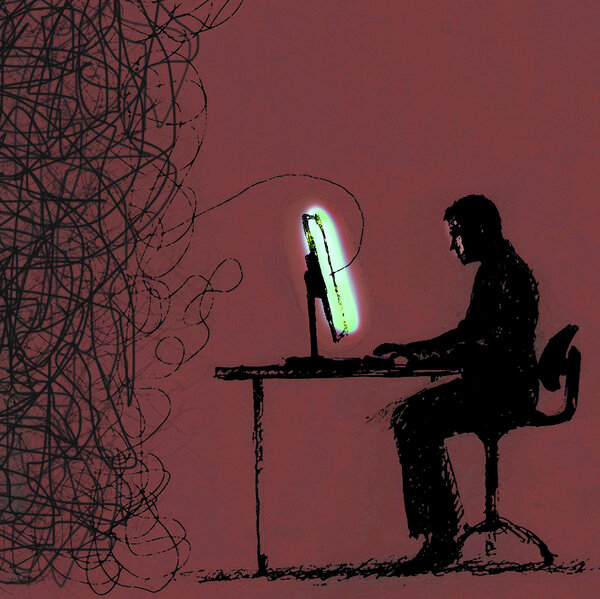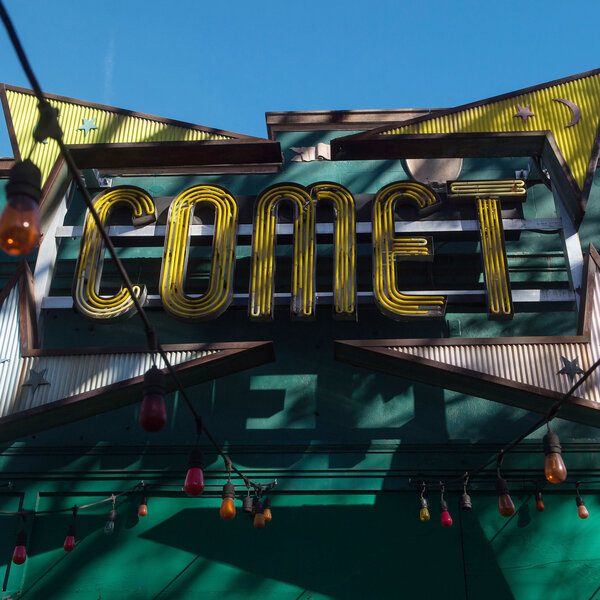Per the "mainstream media", well, anyone who has the slightest knowledge of history can currently only sadly shake their heads and at best laugh at what it's sadly become, which is little more than an entirely bought-and-paid-for propaganda mill for the left. The likes of FOX "news" exist only to permit people to at least imagine there's really a "choice" in such anymore, but is equally corrupt to the journalistic core, and check just who owns them as well. Sadly, about the only true "news" during this election cycle came from Wikileaks...and what does that say about the sorry state of "investigative"...umm..."journalism" in America today?
Most amusingly though; it was the leftist media's attacks and continually evidenced disdain for Mr. Trump that afforded him countless millions in free publicity and air time. The more they went after him, the more people raised their middle fingers at all the ever-increasingly-obvious BS instead. One could reasonably argue that even an actual billionaire couldn't have easily funded all the campaign exposure the liberal left media so arrogantly and contemptuously gave Trump...but of course, no one's ever accused liberals of being exceptionally bright anyway. 😉
Most amusingly though; it was the leftist media's attacks and continually evidenced disdain for Mr. Trump that afforded him countless millions in free publicity and air time. The more they went after him, the more people raised their middle fingers at all the ever-increasingly-obvious BS instead. One could reasonably argue that even an actual billionaire couldn't have easily funded all the campaign exposure the liberal left media so arrogantly and contemptuously gave Trump...but of course, no one's ever accused liberals of being exceptionally bright anyway. 😉
Last edited:




